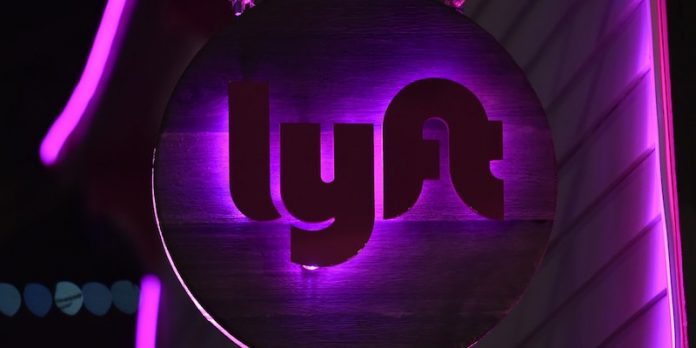Lyft went public at the end of March 2019, after filing for IPO and creating anticipation among the Wall Street watchdogs ahead of the company’s public debut.
Lyft, a ridesharing company considered to be the greatest challenger of Uber, a giant from the same industry preparing to take off with their own IPO in 2019, most probably by May, started the initial; public trade at the price of 72$ per share, valued at 2.3 billion dollars.
After finishing the first trading round at 78$ per share, 9% higher than the starting price, Lyft is trading at 61$ two weeks after the company went public, currently following an upward trend at the end of the second week of April 2019.
As the company is recollecting from losses in earnings per share for the past two weeks, investors imply that the overall interest regarding Lyft IPO is set on the growth potential rather than on current revenues of the company, which is why the founder of a banking software company considers that Lyft might be underpriced.
Is 11x Revenues a Reasonable Estimate for Lyft (LYFT)?
According to Brian Hamilton, the founder of the banking software company Sageworks, Lyft’s price per share was more than fair as Hamilton even added he was surprised that the company didn’t go for higher estimates based on their revenues and cash flow.
If anything, Lyft is obviously interested in mitigating losses and focusing on the growth of the company, which is why the realistic valuation of Lyft could definitely be 11x the company’s revenues.
Going back at Snap IPO (SNAP), the company went for valuation of 23.8 billion dollars after reporting around 404.5 million dollars in revenue, alongside Twitter that had a similar case scenario as Snap ahead of its public debut as the social media network was valued at 32 billion dollars after its IPO.
As a conclusion, Hamilton claims that companies that have value such as Lyft, especially in the market interested in ridesharing went for higher valuations than Lyft.




